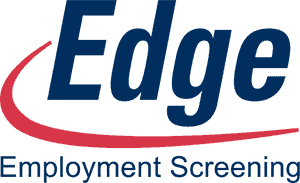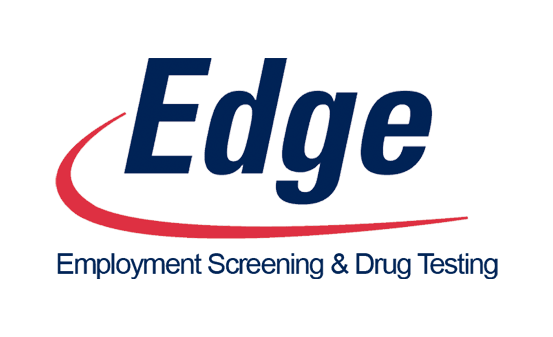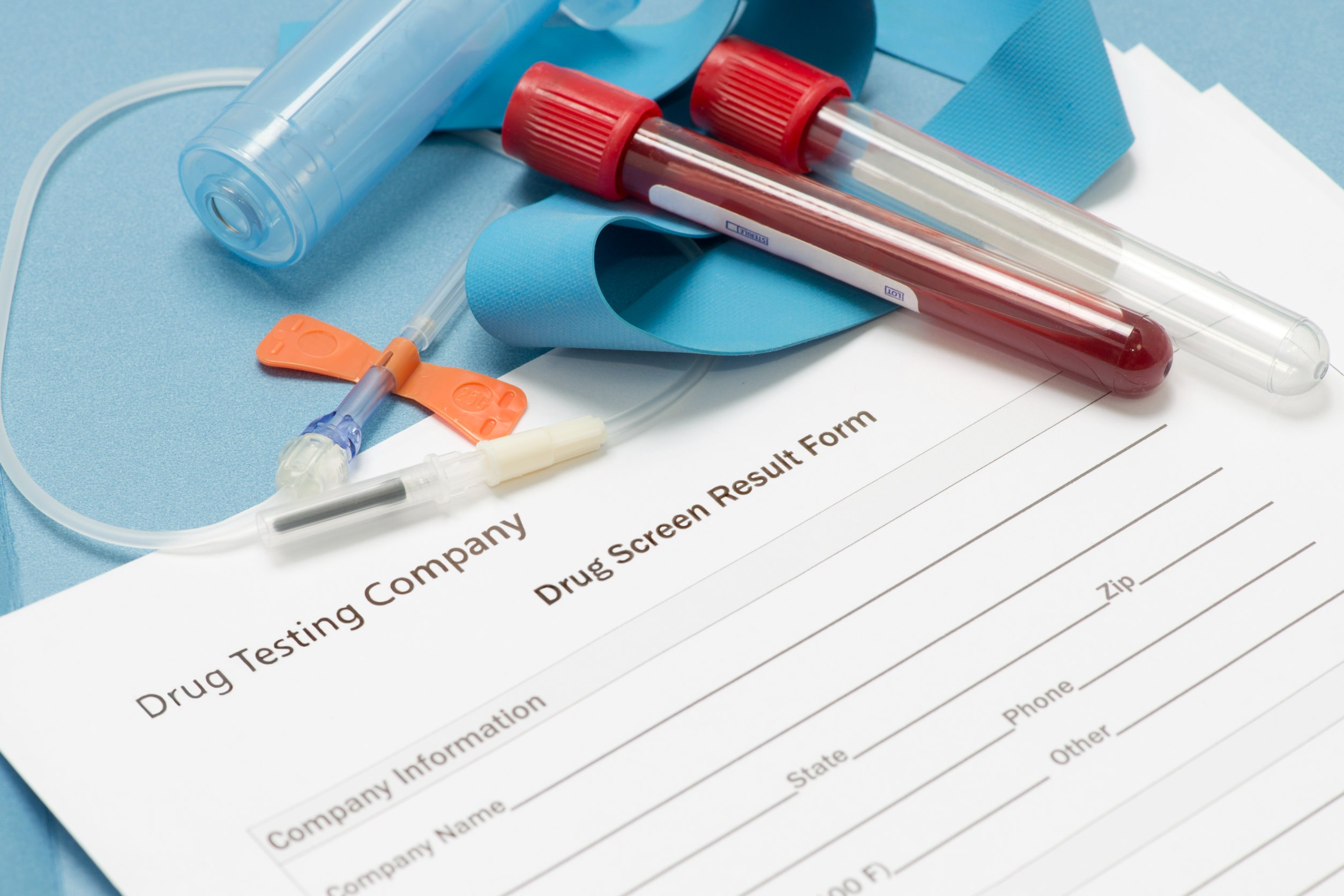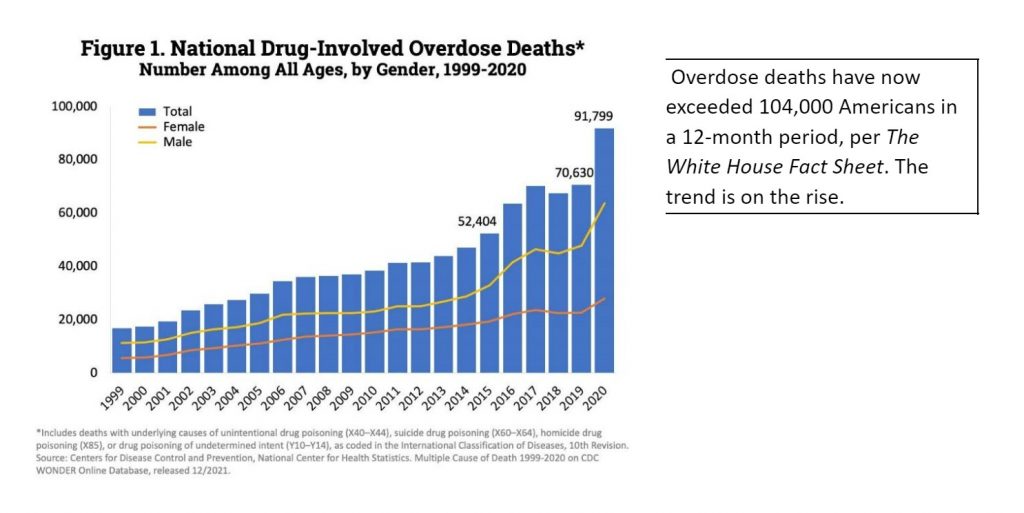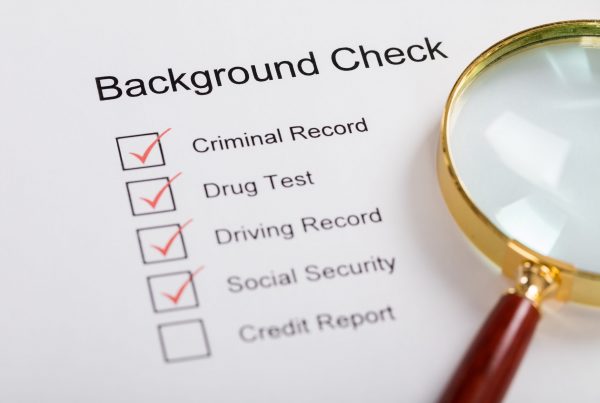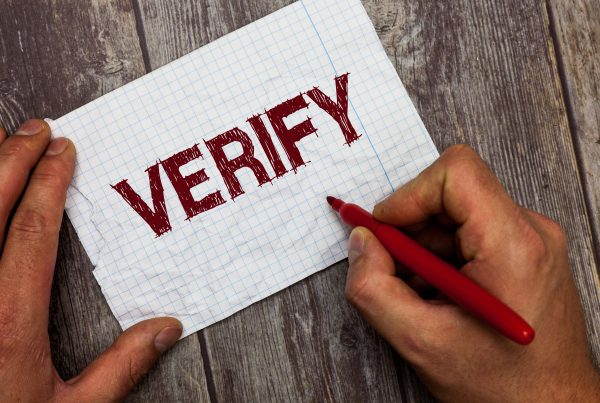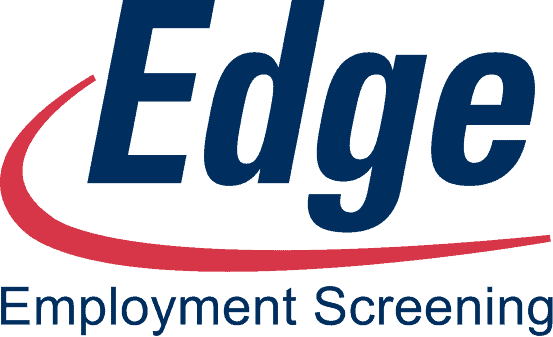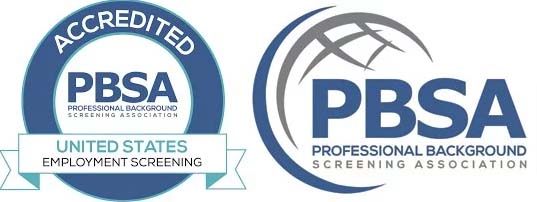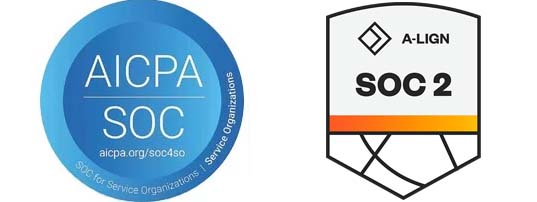When Was the Last Time You Revisited Your Drug Testing Policy and Why Is It Important?
Drug-Involved Deaths have risen every year. According to NIH and the CDC, there were 91,799 deaths in 2020. In 2022, over 20 million people suffer from active substance use disorders, according to the NIH, and 45 million are directly impacted by addiction because it is a family disease. Your applicant base has active users and without screening they very well could be on your payroll which exposes your company to risks.
Additional Facts:
- Over 20 million of Americans suffer from a substance use disorder. The 2020 National Survey on Drug Use and Health places this statistic as high as 40.3 million people.
- People with substance use disorders miss nearly 50% more workdays than peers, according to National Safety Council
- Roughly 70% of users of illegal drugs are employed, per OHS.
- The cost to business ranges from $2600 per employee in agriculture to more than $13000 per year for a person in IT or communications, per the National Safety Council.
In summary, there are many people with substance use disorders. 70% of them are on a payroll somewhere. This costs businesses money, productivity and adds risk. What if an employee was using and under the influence of an illicit drug and they were operating some type of equipment in the warehouse that injured or even killed another employee? You did not screen for drug use at time or hire. What are the risks to the business? The benefits of an effective program could be substantial.
The practice of drug testing was not intended to “catch” someone but to direct them to resources or treatment to help them. Your company drug testing policy should take all this information into consideration.
Lab-Based Testing vs. Instant Testing
Most are familiar with ordering a Drug Test for a new hire where a test is ordered, the applicant goes to a lab, provides a specimen, and you are notified of the negative or positive results. A lot goes on in that process. A company asked once, “What is the fastest lab drug test?” The response is, “A clean one,” as those results are returned rather quickly. For a positive result, the specimen is sent to a centralized center for additional confirmation testing. If the result is confirmed as positive, MRO services are performed by contacting the applicant to determine if a legitimate prescription exists for the applicant. At that time, you are notified of the positive or negative finding.
Instant Drug Testing is becoming more popular for companies that do higher volume and have a structure in place where an individual trained in collection can perform the oral swab or urine collection. An instant test will give an immediate reading if the sample is negative or non-negative, meaning a substance is possibly present. If the test shows a non-negative indication, the sample may be sent to a lab for further testing. The other options is at that time, you may simply decide to send the applicant to the lab down the street to a collection facility for a lab-based urine test. For oral testing, there are different protocols/options so you will want to work with Edge to determine which is best for your environment.
What Is Your Policy?
Whether a company decides to conduct drug testing is an internal decision which is sometimes dictated or influenced by its industry, its customers, or HR and company leadership. Once a decision is made it should be revisited.
- Does the policy still align with the company’s goals and objectives? Laws and circumstances change. Policy should be revied and updated annually but should also be addressed throughout the year if there are identified gaps based on day-to-day scenarios.
- Utilize available resources: legal expertise, industry consultants, input from providers to help construct or refresh your policy.
- Is your drug policy accessible and communicated to all current and future employees in all locations?
- Does your drug testing policy cover all scenarios? Brainstorm the what ifs? Does your policy cover it? If not, how could it be revised to cover the scenario?
What Do Companies Most Commonly Test for?
That depends on what you want/need to test for. The most common drug tests are the 5-panel and the 10-panel, and the cost is not significantly higher as you increase the number of panels.
Instant Kits can include up to 12 drugs (and alcohol if needed). DOT is also embracing the movement with DOT approved instant lab-based urine testing.
We hope you find this helpful and if you are interested in a discussion regarding drug testing, please contact your rep, customer service, or email info@edgeinformation.com.
NOTE: We would encourage you to discuss internally and with legal counsel as to which program for Drug Testing is best for your business. This article is not intended as legal advice but as information to consider in your policy decisions.
